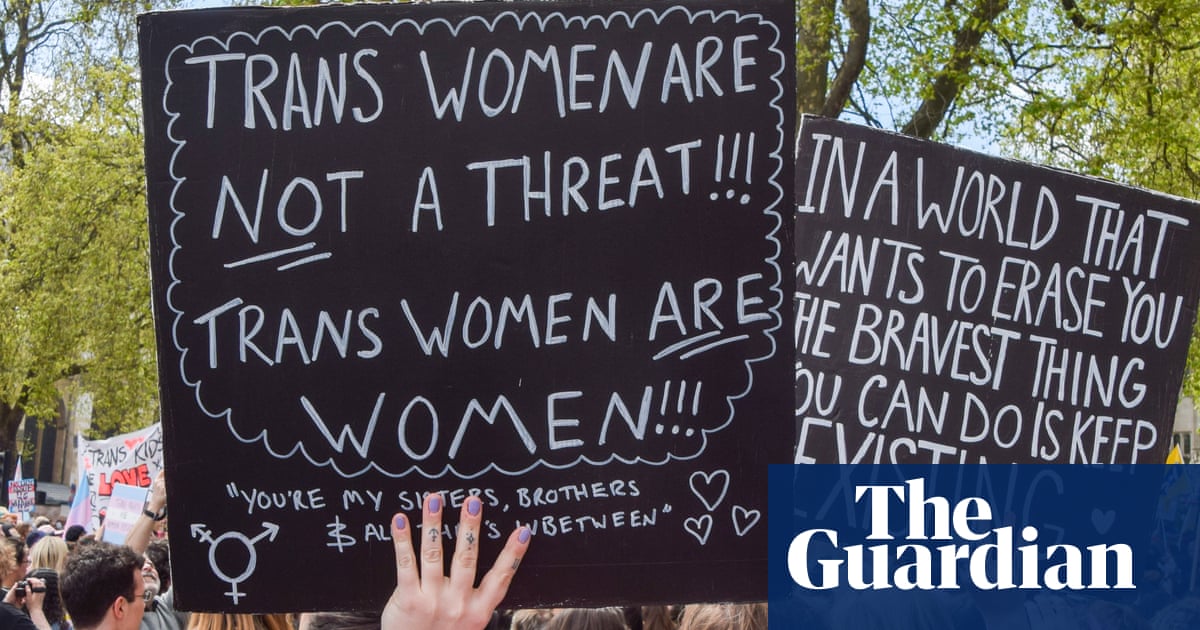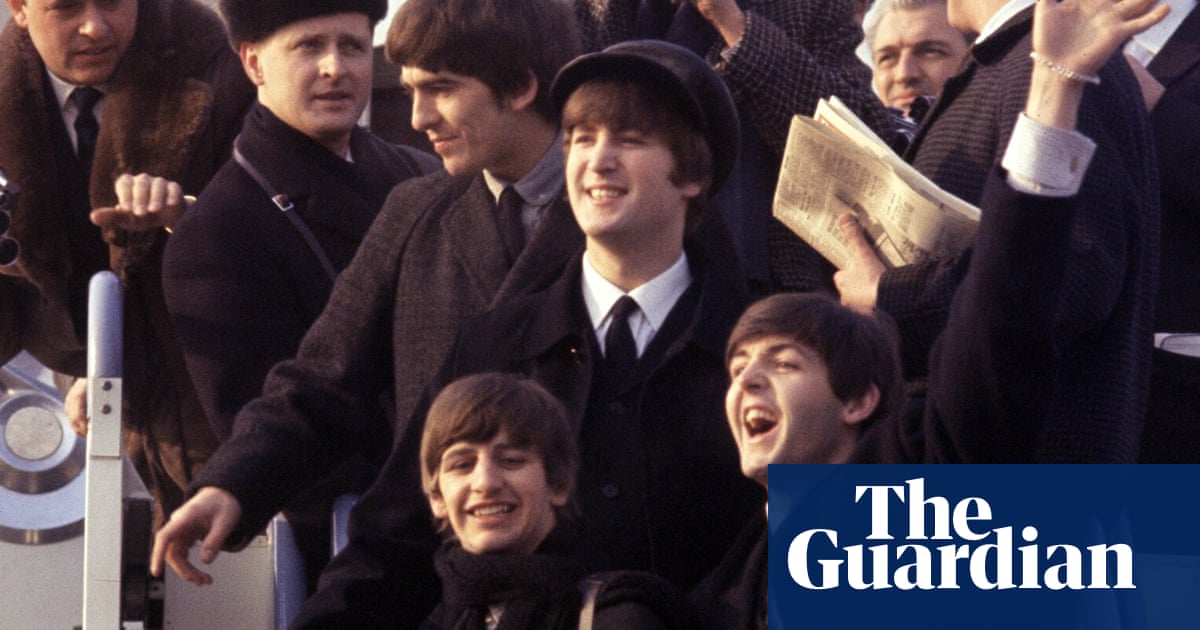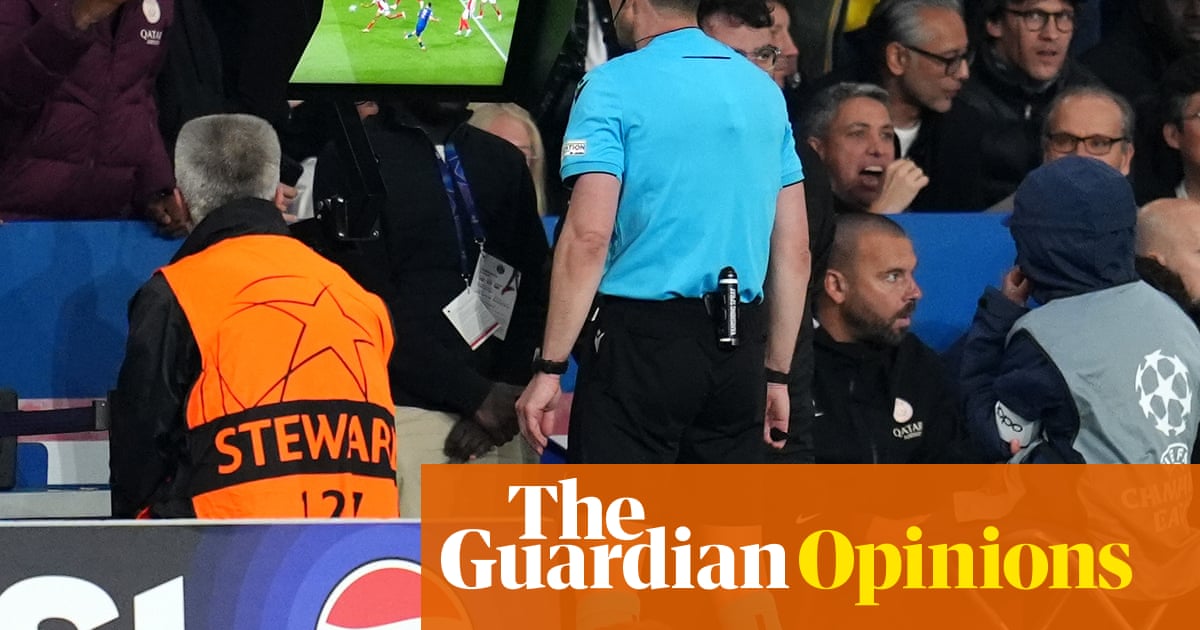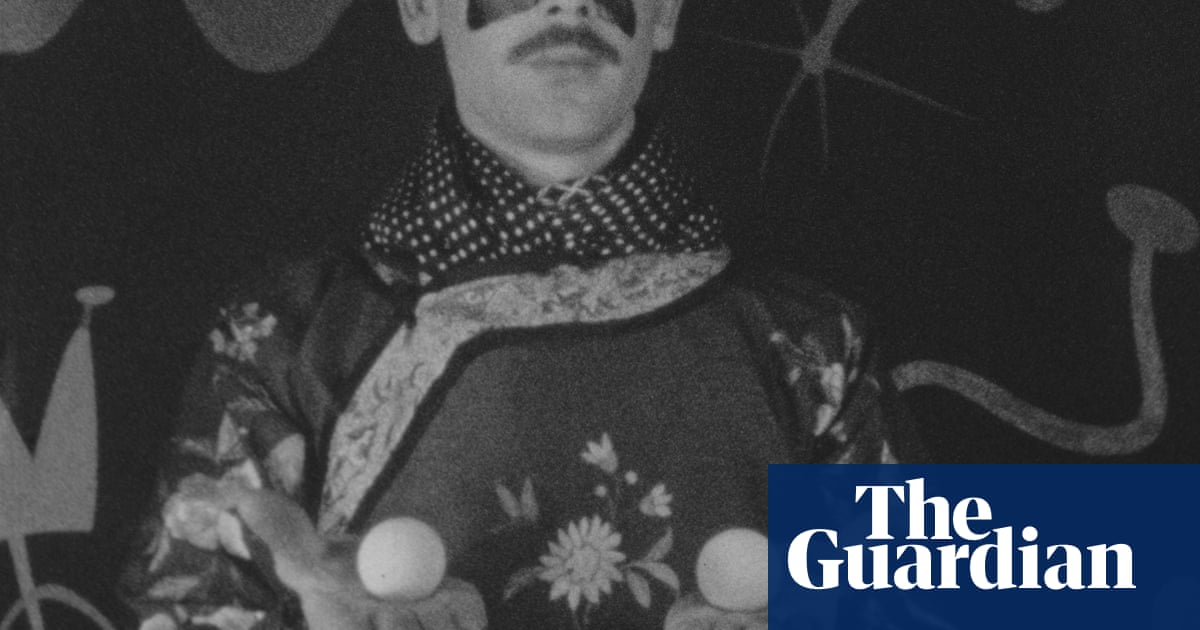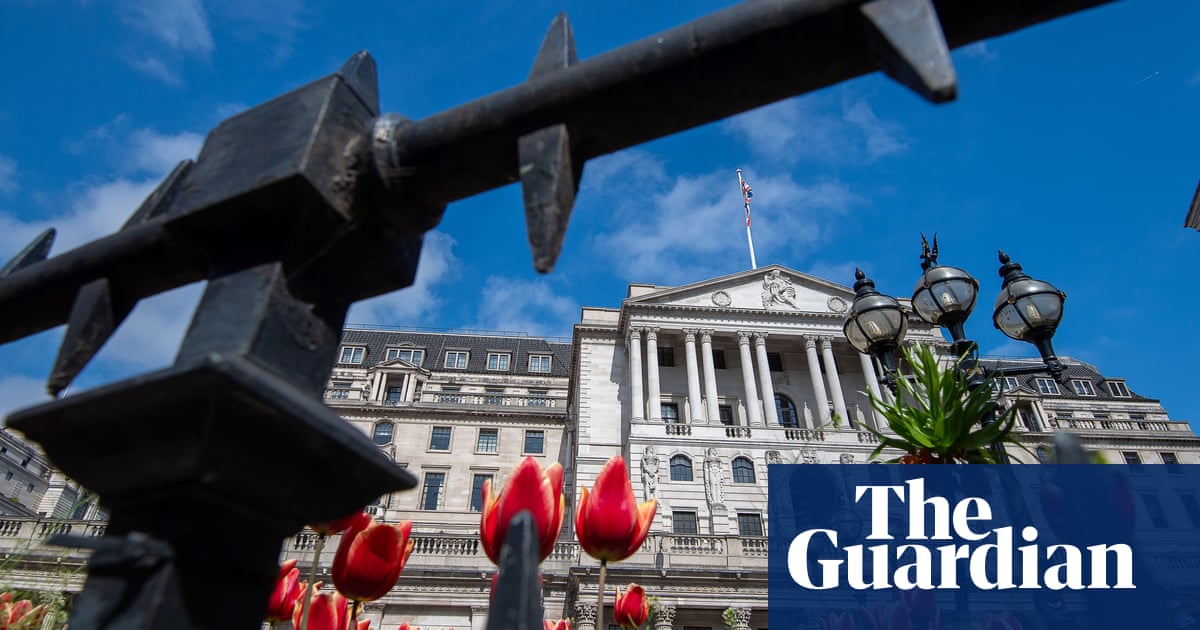On 8 May 1945, as the allies rejoiced at Germany’s unconditional surrender, some local people in the market town of Sétif in Algeria gathered not to celebrate their freedom but to demand it, carrying Algerian flags and placards calling for independence from France. The French police opened fire, unleashing a spiral of violence resulting in a notorious massacre. Algerian independence militants retaliated by killing about 100 settlers and wounding hundreds more over the next five days. Similar disturbances erupted in the nearby village of Guelma. The colonisers responded with brutal disproportionality – bombing small villages, shelling the area from the coast and running amok, inflicting collective punishment. Official estimates for the number of Algerians killed vary widely, ranging from about 8,000 from some French historians to 45,000 from the Algerian government.
This was no isolated incident. There were similar protests that month against French colonial rule in Syria and Lebanon; six weeks later came a general strike in British-ruled Nigeria; six weeks after that, Sukarno and Mohammad Hatta declared Indonesia’s independence from the Dutch, sparking a vicious four-year war; two weeks later, Ho Chi Minh announced Vietnam’s independence from France, which would not be fully achieved for another three decades. VE Day might have marked the cessation of fighting and atrocities in Europe, but it did not signal the end of Europe fighting or committing atrocities.
Marinated in nostalgia and served up with patriotic fervour, the 80th anniversary of VE Day promises to commemorate the defeat of the Nazis with all due pomp and ceremony. Given that this was a historically and morally significant moment that is central to modern Europe’s founding myths and institutions, from Nato to the EU, that is to be expected. But at a moment when fascism is once again a mainstream ideology on the continent, it also offers a timely opportunity to reflect on what this victory meant for those who lived not in, but under Europe; how many of those who fought have been written out of the story; and why it matters now.
About 2.5 million personnel from the Indian subcontinent, more than 1 million African-Americans, 1 million people from Africa and tens of thousands of people from the Caribbean fought for the allies during the second world war. Among them were people of almost every religion. Two-thirds of the Free French forces were colonial troops. Racism denied most Black Americans the right to actually fight, but they played a crucial role in supply, delivering food and material, burying the dead, and fuelling and fixing transport. “[US combat forces] could only go as far as Black supply troops could take them,” writes historian Matthew Delmont in Half American. “Almost everything the Allies transported to the front passed through the hands of at least one Black American.”

So the fight against fascism was not just a multinational effort but a multiracial and multicultural one as well, though you wouldn’t know it to look at our politics. Indeed, that’s part of the problem. People don’t know it. A poll by the thinktank British Future this week shows that only a quarter of Britons are aware that troops from Jamaica and Kenya fought for Britain, just a third know that Muslims fought and fewer than half are aware of Sikh involvement in the war. It is a constant source of amazement and frustration that a continent so dedicated to its own history (there is no reason to believe that the Belgians, Dutch or French are any more aware) should also be so ignorant of it.
This is not just a matter of putting the historical record straight but of reframing current debates.
The “clash of civilisations” rhetoric, and the maligning of Muslim communities as inherently antisemitic, belies the fact that the most vile, extensive and vicious execution of antisemitism was carried out by Europeans on this continent – and Muslims were among those who came to save Europe from itself. Not content with writing the soldiers out of history, the far right now wants to write their descendants out of citizenship. A YouGov poll earlier this week revealed that more than half of Britons, French and Americans believe the kind of crimes committed by the Nazis could take place in another western country today.
Moreover, the far right’s agenda is rooted in a toxic nostalgia for a world “made great” for just a few, through the use of brutal force. These are facts they would rather we did not know, which is why they expend so much energy banning books and distorting curriculums, so that they might make it “great again”. As such, the far right builds its appeal not so much on a history that is re-membered as dis-membered.
For while the second world war marked a welcome victory against nazism and its pathologies, it can in no way be celebrated as a victory for freedom or democracy. As the events in Sétif, Guelma and beyond illustrate, the freedom these Black and brown soldiers fought for did not apply to them.
As controversial as this sounds now, it was openly stated back then. In 1941, Winston Churchill and US president Franklin Roosevelt produced the Atlantic charter, championing “the right of all peoples to choose the form of government under which they live”. When questioned in the House of Commons whether he really meant “all peoples”, Churchill replied: “We had in mind, primarily … the states and nations of Europe now under the Nazi yoke … So that is quite a separate problem from the progressive evolution of self-governing institutions in the regions and peoples which owe allegiance to the British Crown.”
Western Europe was delivered from tyranny; many of those who fought for their freedom remained captive. “The democracy that I want to fight for, Hitler is not depriving me of,” wrote Trinidadian activist and intellectual CLR James in a 1939 pamphlet, Why Negroes Should Oppose the War. Perhaps the starkest contradiction in this regard came from the United States, which practised rigid racial segregation among its troops even as it was charged with denazifying Germany.
There is no contradiction between commemorating a historical event while reinterpreting its meaning to be more inclusive and accurate. But there would be something deeply perverse about celebrating the defeat of the extreme right on the battlefield while ignoring the fact that Europe is voting for its ideological descendants at the ballot box.
-
Gary Younge is a professor of sociology at the University of Manchester. His new book, Pigeonholed, is published by Faber

.png) 8 hours ago
8
8 hours ago
8




